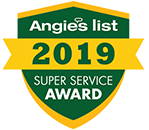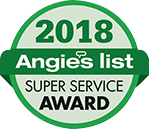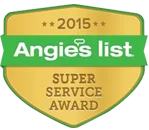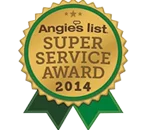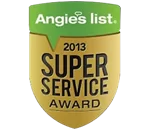No matter how well you take care of your home plumbing, there are always going to be plumbing emergencies! Perhaps it’s a backed-up, overflowing toilet, a pipe that’s cracked thanks to the winter cold, or a garbage disposal unit on the fritz—whatever it is, it’s a problem that needs to be dealt with NOW.
The first thing you need to do is call the plumber, but they’re going to take a while to arrive. What can you to do deal with the emergency in the meantime?
Shut off the water – If there is water overflowing or leaking, you need to shut off the water from the main water line. You’ll usually find a valve or switch at the entrance to your home or out on the street. Look for the shut-off and turn off the water. It will stop the water from spilling out of the pipe, flooding your home, or increasing whatever damage has occurred in the plumbing.
Pinpoint the problem – This usually means cleaning up whatever water or mess there is and trying to get a clear look at the problem location. You may have to turn the water back on to find out where the leak or spill is coming from. It’s worth taking a moment to figure out the source of the problem, as that can simplify the plumber’s job when he finally shows up.
Stay safe – DO NOT stick your hand into a malfunctioning garbage disposal unit, and stay well away if you notice the water is approaching an electrical power socket or appliance. It’s vital that you remain as safe as possible when dealing with water, especially if it’s near any sort of electrical current.
Analyze the situation – If there is water leaking through the roof, it’s likely the problem is with the upstairs plumbing. If the water is leaking outside, it’s probably due to external piping. If the toilet is overflowing, try to think if anyone (often your kids) could have flushed anything down the drain that could be causing the problem. It won’t solve the problem, but it can help you work with the plumber to pinpoint the source of the trouble and deal with it as efficiently as possible.
In cases of plumbing emergencies, it’s always better to let the trained professionals handle the problem. However, taking these few simple steps before the plumber arrives can help to prepare the way for them to figure out and deal with the problem as quickly as possible.





